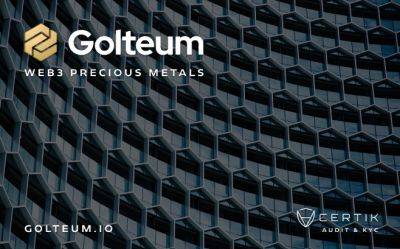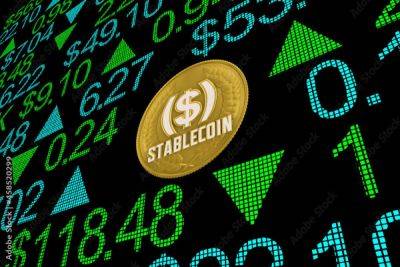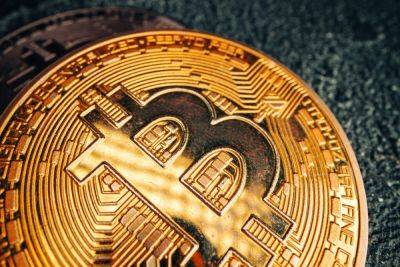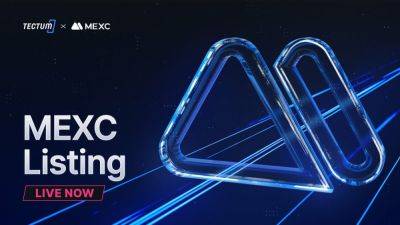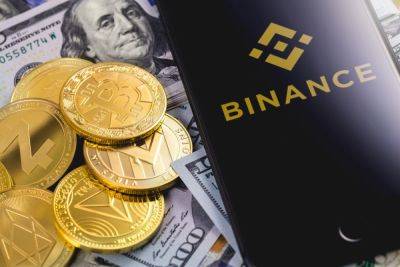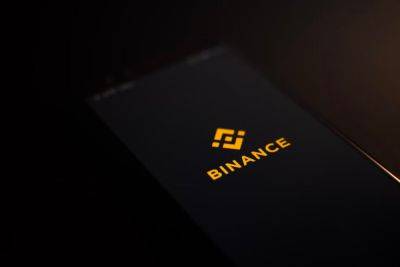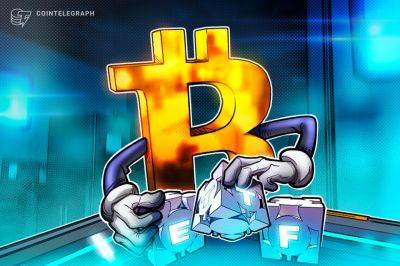A new age in investing: The transformative power of asset tokenization
Asset tokenization has long been regarded as one of the most compelling applications of blockchain technology. Back in June 2019, the United States investment banking giant BNY Mellon declared it has the potential to “dramatically change the dynamic” for investors and unlock opportunities that were previously out of reach.
Real estate is an inevitable place to start. Tokenizing properties can open the door to fractional ownership, enabling individuals to purchase a small chunk of a building. The volatility of global markets has shown why diversification is crucial — but until now, the sheer cost of real estate has made it inaccessible for many.
The benefits might not stop here, either. It can take up to six months to close a purchase on a home, all thanks to a process that is time-consuming, agonizing and surprisingly paper-based. Tokenization has the potential to speed things up, all while offering a higher degree of trust and transparency. Enhanced liquidity could ultimately revitalize the market, making transactions frictionless.
There are also ramifications in the world of business. Franchising has proven an exceptionally popular way of expanding a brand — with McDonald’s, Subway and Chick-fil-A just some of the fast-food giants that allow entrepreneurs to open their own stores. Here’s the problem, though: there are huge expenses involved with this kind of investment. According to the HR company ADP, startup costs can be as high as $5 million — a sum that few individuals could summon up on their own. The fractional ownership achieved through tokenization can remove barriers to entry, delivering tangible benefits for every participant in such an ecosystem.
Elsewhere, tokenization could offer a modern twist on
Read more on cointelegraph.com

